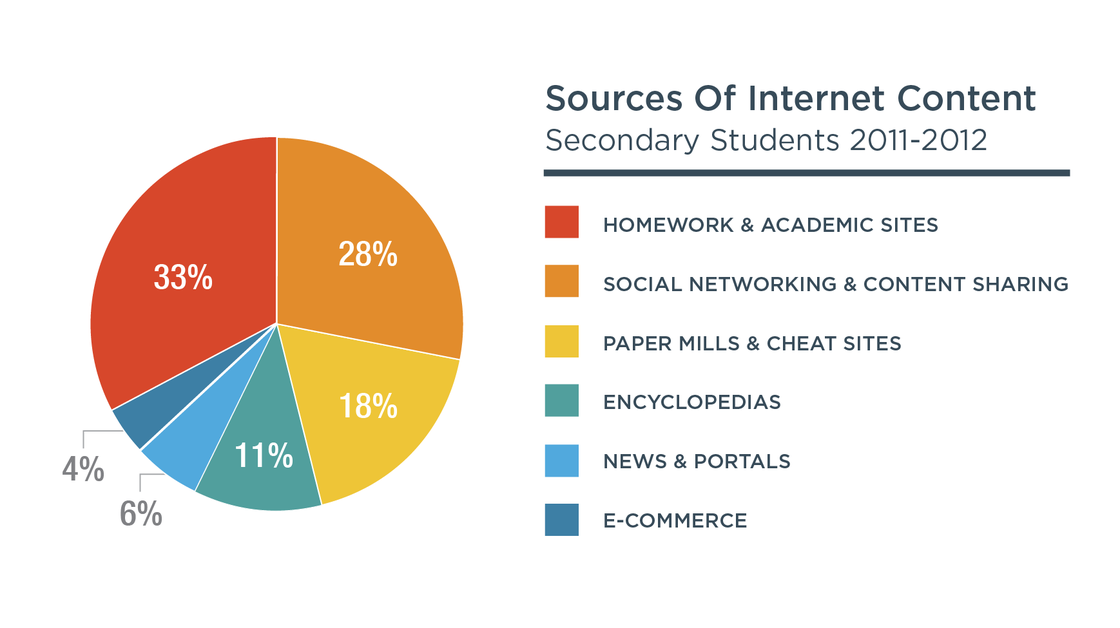Nick Carbone, Director of Teaching and Learning for Bedford/St. Martin’s, discusses the tendency of faculty to view their incoming students as progressively less skilled than in years past. He gives several reasons why, despite how it may appear, the written word is not necessarily in decline.
“There was no magical time when students arrived at college as literate and able as faculty imagined students used to be when the faculty were students themselves…Things are not getting worse. In many ways, since students are writing more in their everyday lives, things are getting better.”





